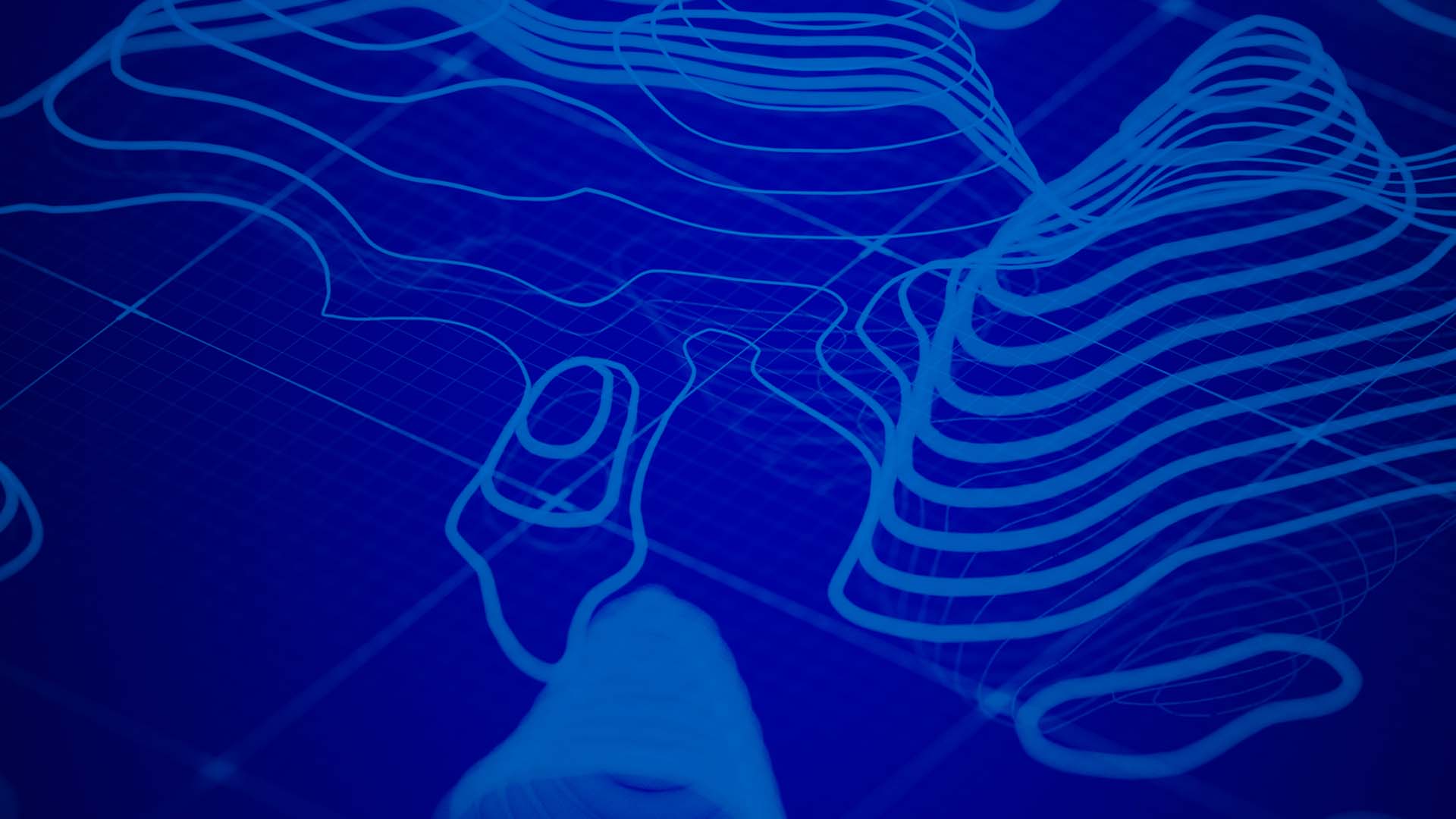Annually Updated American Community Survey Data Is Now Available in ArcGIS Living Atlas of the World
REDLANDS, Calif.—December 19, 2022—The United States Census Bureau recently released its annual update to its American Community Survey (ACS) data. ACS data is important to federal agencies and state and local governments, many of which require its use for their operations and decision-making, as well as to nonprofit organizations that rely on the data for grant applications. To help meet this need, Esri, the global leader in location intelligence, has updated ACS layers and maps in ArcGIS Living Atlas of the World. The newest values for five-year estimates of current data on demographic, housing, and workforce characteristics of the US population are now easily accessible to ArcGIS software users.
ArcGIS Living Atlas is the foremost collection of global geographic information and includes maps, apps, and data layers used by organizations around the world for research and analysis. Through ArcGIS Living Atlas, users can map and query more than 1,700 annually updated attributes of ACS tables, and this integration provides them with a faster way of accessing and analyzing this data.
Updated layers in the collection incorporate the latest five-year estimates covering 2017–2021 and include the following topics and more:
- Income
- Poverty status
- Housing
- Health insurance
- Internet access
- Education
- Disability
ACS helps local officials, community leaders, and businesses understand the changes taking place in their communities. It is the premier government source for detailed national population and housing information.
“When we were asked to respond to equity concerns regarding a citywide ordinance about taxing homes that heat using oil, this seamless tract-based data was indispensable,” said Jennifer Pettyjohn, senior GIS analyst, City of Seattle Planning Department. “It was as if [ArcGIS] Living Atlas knew that we were going to be asked this question. The ACS layer was right there for me to use.”
The collection also contains historical ACS layers, which have now been updated with the latest symbology corresponding to the current-year layers, so accurate comparisons can be made. For example, users can see how poverty levels have changed within a city by visualizing which areas have improved and which haven’t.
With the fifth annual update, Esri also released a lightweight app that gives users a quick sense of how reliable estimates are for each tract and how they become more reliable as they aggregate tracts using the boundary of a neighborhood or other shape.
As with previous years, additional state, county, and tract boundaries are shore lined where needed, with additional large or important water bodies cut out of the polygons. This supports map styles like dot density and map effects like drop shadow to work better. ACS layers in ArcGIS Living Atlas typically update every December within days after the US Census Bureau releases its new five-year estimates.
The current five-year ACS data can be accessed in ArcGIS Pro and ArcGIS Online, Esri’s configurable apps and dashboards, and ArcGIS StoryMaps. All maps using these layers will automatically contain the newest ACS figures.
To learn more about the latest updates and how to use ACS data layers in ArcGIS Living Atlas, visit go.esri.com/living-atlas/acs.
About Esri
Esri, the global market leader in geographic information system (GIS) software, location intelligence, and mapping helps customers unlock the full potential of data to improve operational and business results. Founded in 1969 in Redlands, California, USA, Esri software is deployed in more than 350,000 organizations globally and in over 200,000 institutions in the Americas, Asia and the Pacific, Europe, Africa, and the Middle East. Esri has partners and local distributors in over 100 countries on six continents, including Fortune 500 companies, government agencies, nonprofits, and universities. With its pioneering commitment to geospatial information technology, Esri engineers the most innovative solutions for digital transformation, the Internet of Things (IoT), and advanced analytics. Visit us at esri.com.
Copyright © 2022 Esri. All rights reserved. Esri, the Esri globe logo, ArcGIS, The Science of Where, StoryMaps, esri.com, and @esri.com are trademarks, service marks, or registered marks of Esri in the United States, the European Community, or certain other jurisdictions. Other companies and products or services mentioned herein may be trademarks, service marks, or registered marks of their respective mark owners.
